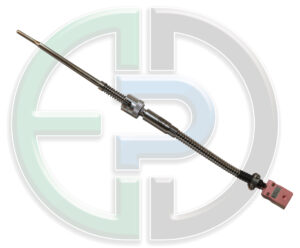Thermocouple
Temperature is one of the most measured of the physical quantities, so measuring it correctly is important. If there is temperature gradient in an electrical conductor, the energy (heat) flow is associated with an electron flow along the conductor, and an electromotive force (emf) is then generated in that region. Both the size and direction of the emf are dependent on the size and direction of the temperature gradient itself – and on the material forming the conductor. The voltage is a function of the temperature difference along the conductor length. For the historians among you, this effect was discovered by TJ seebeck in 1822.
The output voltage of a single conductor, as shown, is not, however, normally measurable since the sum of the internal emfs around a completed circuit in any temperature situation is zero. So, in a practical thermocouple temperature sensor, the trick is to join two materials having different thermoelectric emf/ temperature characteristics in order to produce a usable net electron flow and a detectable net output voltage.
Thus, two connected dissimilar conductors, a and b, are exposed to the same temperature gradients. basically, there is a net electron flow across the junction caused by the different thermoelectric emfs, in turn resulting from the interaction of the gradient with the two different conductors.
Thermocouple Types, Standards And Reference Tables
Many combinations of materials have been used to produce acceptable thermocouples, each with its own particular application spectrum. However, the value of interchangeability and the economics of mass production have led to standardisation, with a few specific types now being easily available, and covering by far the majority of the temperature and environmental applications.
These thermocouples are made to conform to an emf/ temperature relationship specified in the form of tabulated values of emfs resolved normally to 1 μv against temperature in 1°C intervals, and vice versa. Internationally, these reference tables are published as IEC 60584.1 (BS EN 60584.1). it is worth noting here, however, that the standards do not address the construction, or insulation of the cables themselves or other performance criteria. With the diversity to be found, manufacturersʾ own standards must be relied upon in this respect.
As a brief summary, thermocouple temperature ranges and material combinations are given in table 1.
To download the catalog of this product, please click here.
Rolls Royce Gas Turbine Thermocouples MOD4551
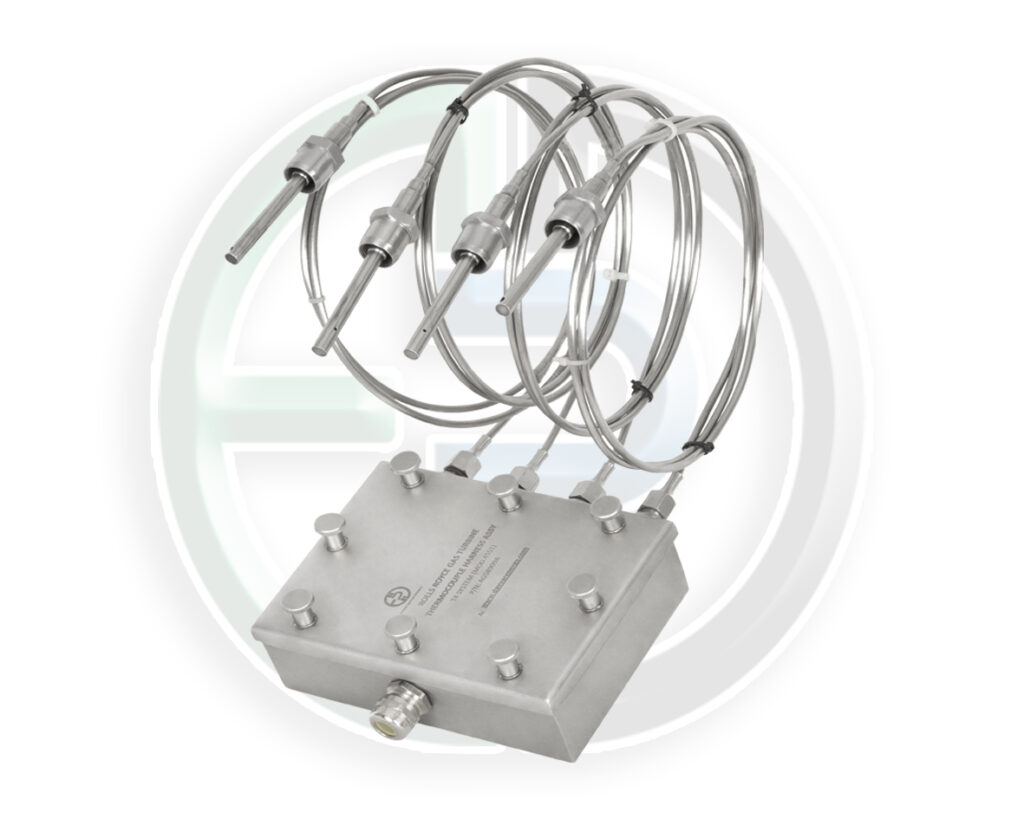
Solar Saturn Gas Turbine Thermocouples
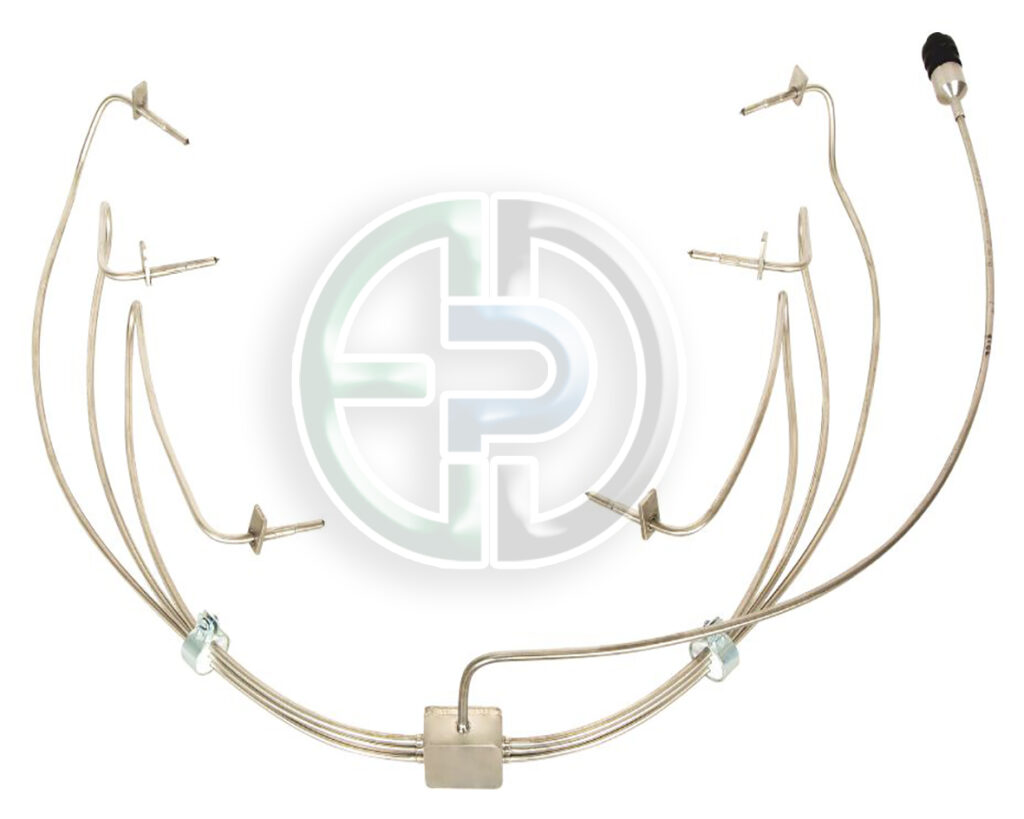
Ruston TA Gas Turbine Thermocouples
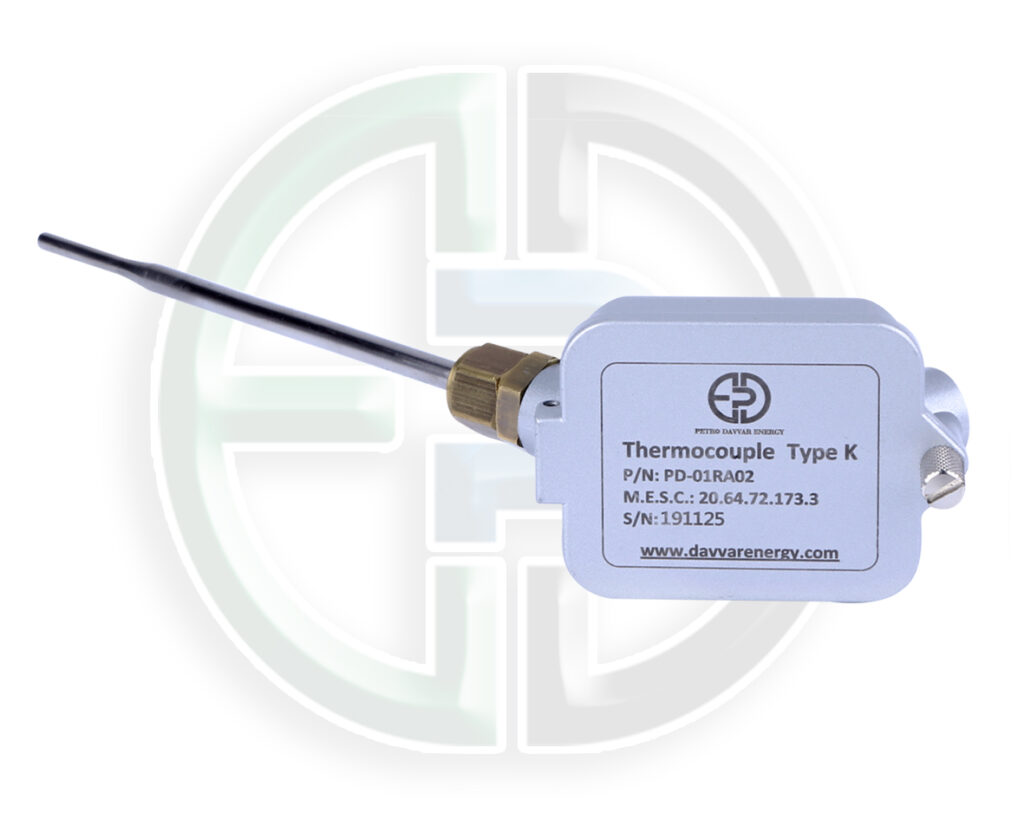
Magnetic Thermocouples
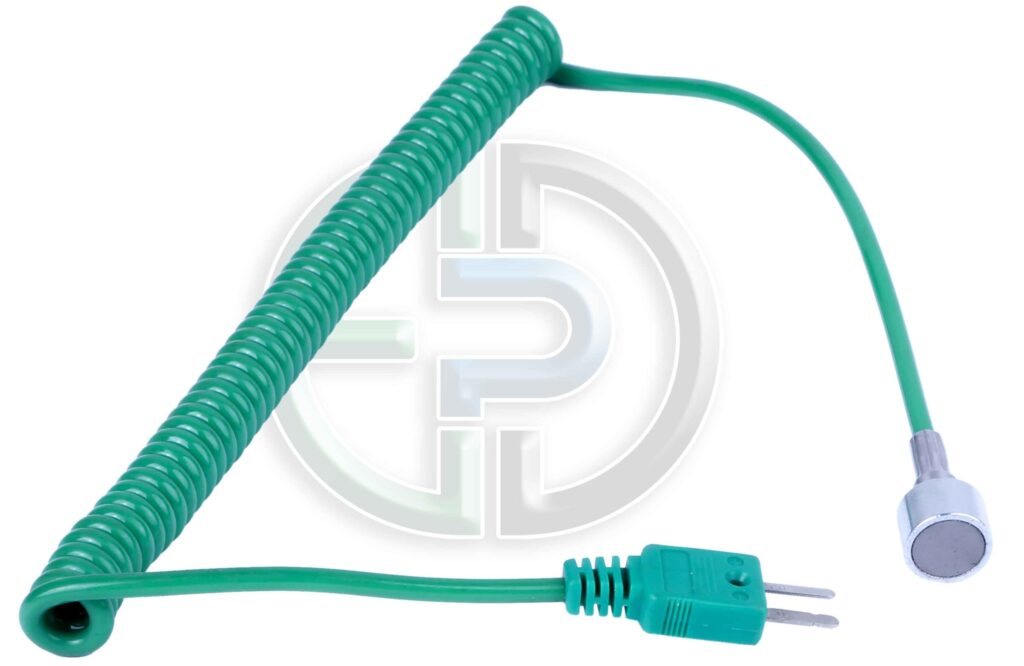
Thermocouple Type K (Spring Shield)For GE Gas Turbine
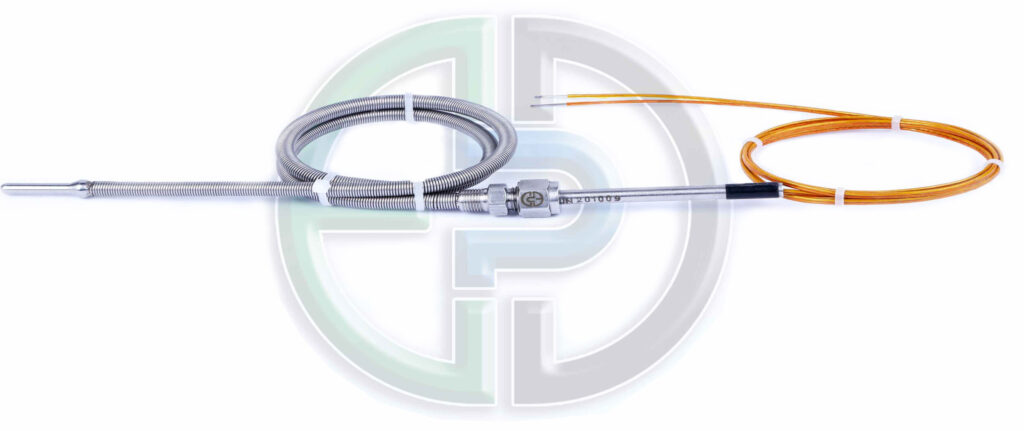
Solar Centaur Gas Turbine Thermocouples
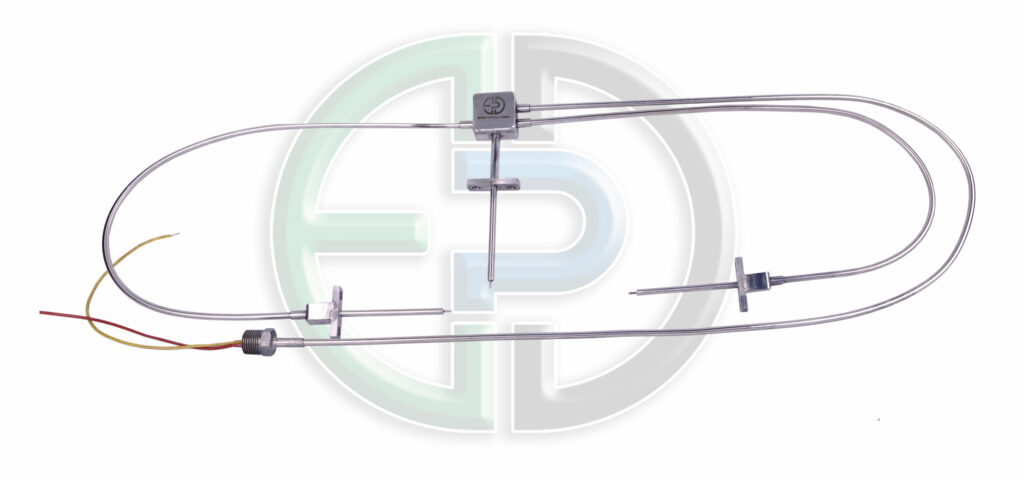
Skin Thetmocouple
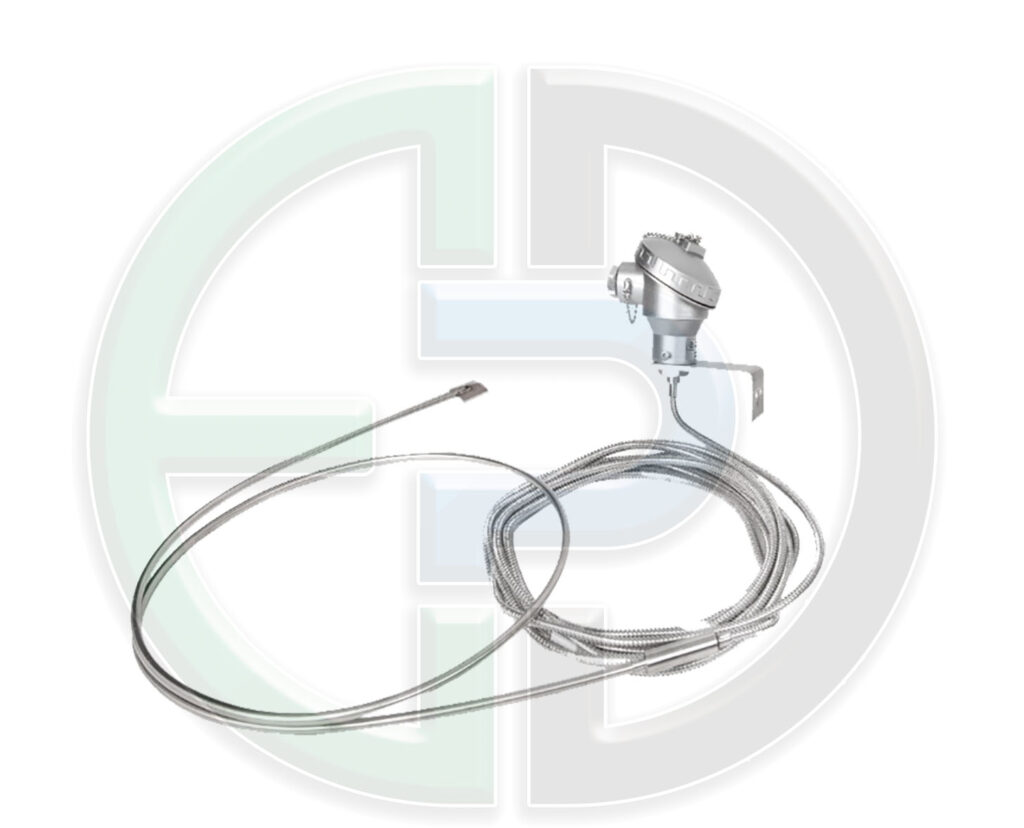
V94 Gas Turbine Thermocouples
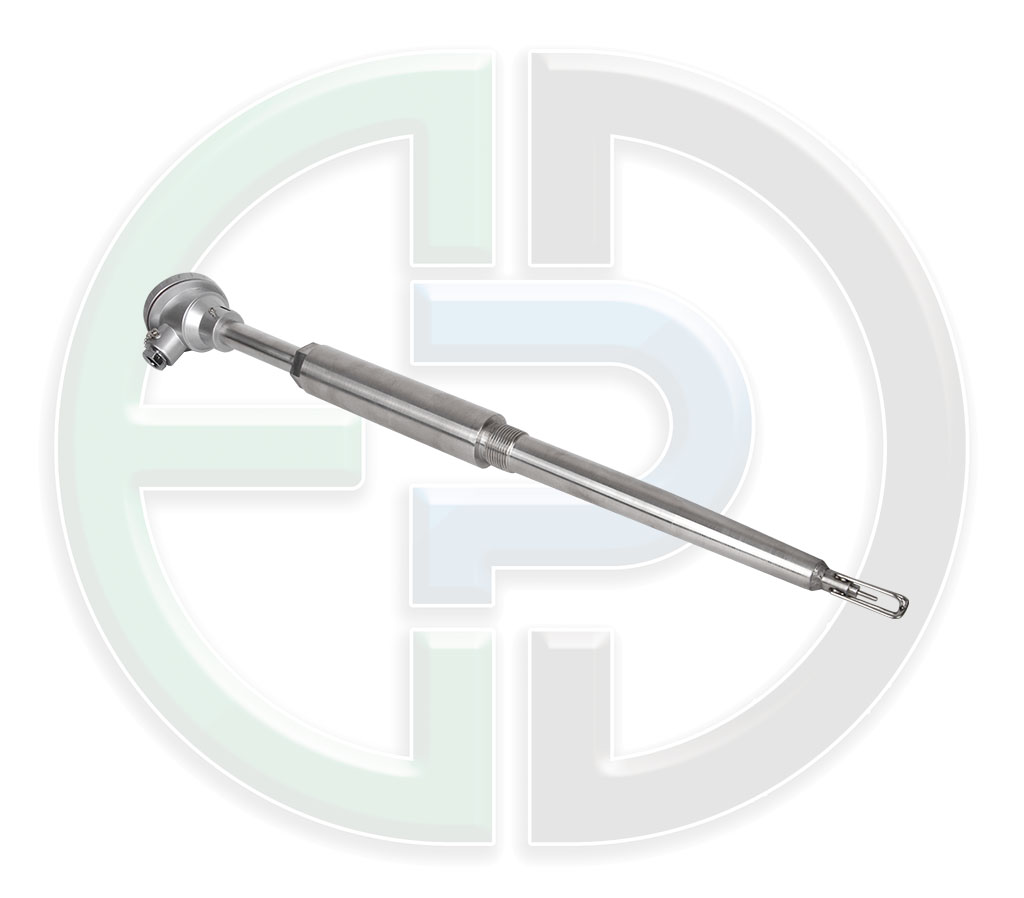
Rolls Royce Gas Turbine Thermocouples MOD4558
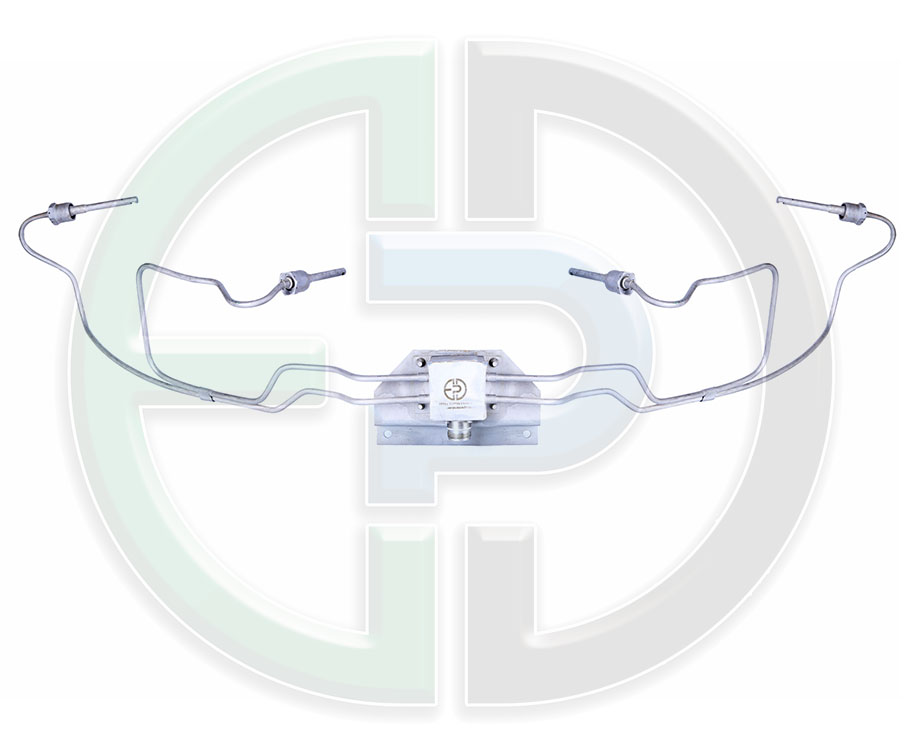
Sulzer Gas turbine Radial Bearing Thermocouple
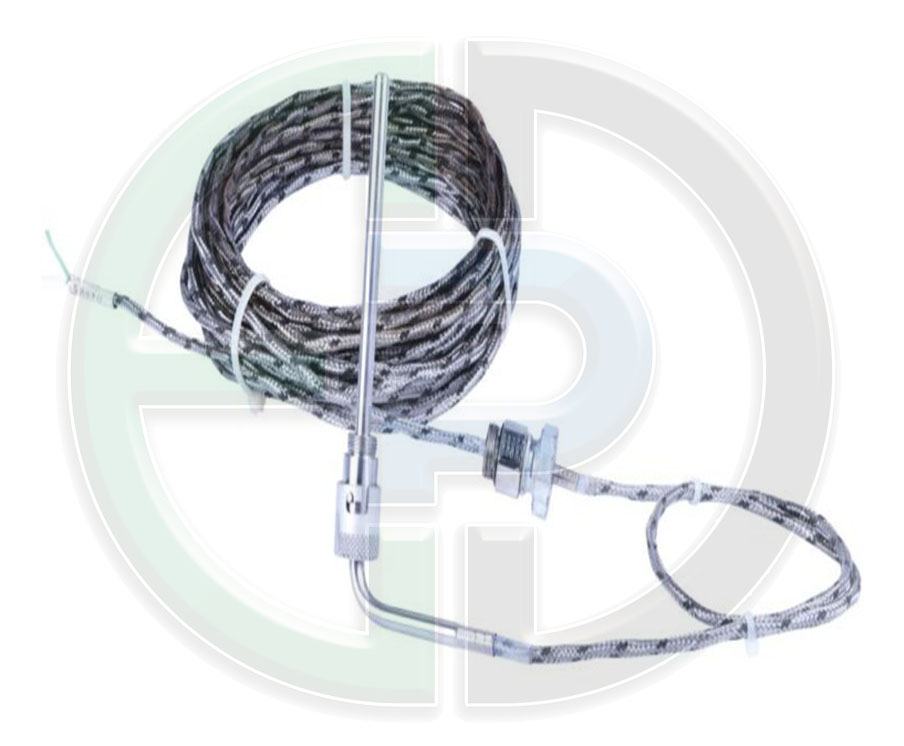
Sulzer Gas Turbine Bearing Indicator Thermocouples

GE Gas Turbine Thermocouples

GE Gas turbine Double Connection Thermocouple

Siemens Gas Turbine SGT100 Thermocouples

GE Gas Turbine Type K Thermocouples

Gas turbine Thermocouple SGT400
